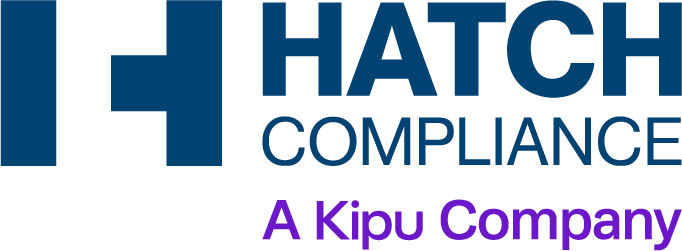Ensuring compliance in behavioral healthcare is not just a regulatory necessity but also a critical component for safeguarding patients and maintaining the integrity of healthcare organizations. Non-compliance can lead to severe legal repercussions that can jeopardize both the organization and its stakeholders. Understanding the legal implications of non-compliance is essential for healthcare providers to mitigate risks and uphold the highest standards of care.
Non-compliance in behavioral healthcare can result in substantial financial penalties. Regulatory bodies impose hefty fines on organizations that fail to adhere to established guidelines, which can significantly impact an organization’s financial stability. These penalties are not limited to direct fines but can also include reimbursement of funds received under false pretenses, leading to further financial strain. Beyond financial penalties, non-compliance can also lead to legal action and litigation risks. Patients or their families may file lawsuits against healthcare providers for negligence or malpractice if non-compliance results in harm. Such legal battles can be lengthy and costly, not to mention the potential damage to the organization’s reputation and trustworthiness within the community.
Another critical legal implication is the risk of losing accreditation and licenses. Regulatory bodies have the authority to revoke the accreditation of healthcare facilities that consistently fail to comply with standards. This can result in the shutdown of operations and the inability to provide care, severely affecting both the organization and its patients. Non-compliance can also lead to criminal charges in extreme cases, especially if there is evidence of willful misconduct or fraud. Healthcare providers and administrators may face personal liability, including imprisonment, if found guilty of serious violations. This underscores the importance of adhering to compliance requirements diligently.
In conclusion, the legal implications of non-compliance in behavioral healthcare are profound and far-reaching. Financial penalties, legal action and litigation, loss of accreditation and licenses, and even the potential for criminal charges highlight the critical need for stringent compliance measures. For those seeking expert guidance in navigating these complexities, Hatch Compliance offers invaluable support to ensure organizations remain compliant and protect their interests.
Legal Implications of Non-Compliance:
- Substantial financial penalties
- Legal action and litigation risks
- Loss of accreditation and licenses
- Potential for criminal charges
- Personal liability for healthcare providers and administrators
For further assistance or inquiries, contact Hatch Compliance, the compliance experts, at www.HatchCompliance.com, Info@hatchcompliance.com, or (888) HATCH-30.













